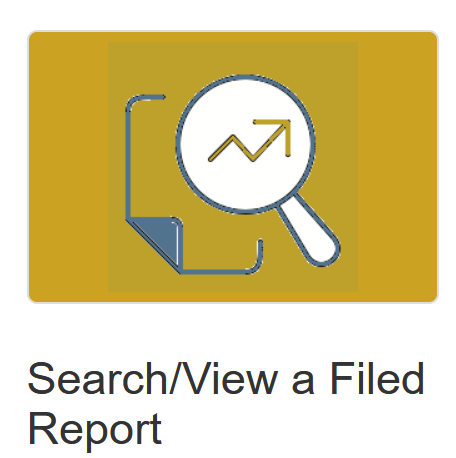People collect things. I collect campaign literature. I have campaign literature going back probably 30 years. Some is good; some is awful; some is clever; some really, really boring. Some has colors that are just atrocious. Some was done with nary a thought for the low-vision user. Some is just evidence the candidate doesn’t know what they’re doing, or worse, why they’re running.
Campaign literature is sales literature. The candidate is selling you on why they’d be the best in the position. Here are my four rules when it’s campaign time: Don’t be fooled or swayed by photographs in the mailers; Know what the candidate can and cannot do in office; Read carefully; Find and research the legally required “paid for by”.
Rule #1: Don’t be fooled or swayed by photographs in the mailers.
Some candidates use photos of themselves with their families or children. Why? To tug at your heart strings… “Oh isn’t that cute!” Cute isn’t what you need from an elected official. Candidates need conviction and back-bone. They need to be strong, not sway the way the wind blows. They don’t need to be cute.
 Why do some of them use photos with famous elected officials? To make you think that person supports their candidacy. But do they? This is Monica Crowley and me a few years ago at a GOP event. Having a photo with her didn’t mean she endorsed my candidacy.
Why do some of them use photos with famous elected officials? To make you think that person supports their candidacy. But do they? This is Monica Crowley and me a few years ago at a GOP event. Having a photo with her didn’t mean she endorsed my candidacy.  The same is true of photos with Kellyanne Conway, Rudy Guiliani, Sarah Palin, Ken Paxton, Sid Miller, Governor Abbott and so many others with whom I’ve been photographed over the years. Photos with famous politicos, unless accompanied by the words “Endorsed by [name of person in photo]”, should be interpreted as manipulative, meant to make the candidate look important or to make the reader think that person has endorsed the candidate.
The same is true of photos with Kellyanne Conway, Rudy Guiliani, Sarah Palin, Ken Paxton, Sid Miller, Governor Abbott and so many others with whom I’ve been photographed over the years. Photos with famous politicos, unless accompanied by the words “Endorsed by [name of person in photo]”, should be interpreted as manipulative, meant to make the candidate look important or to make the reader think that person has endorsed the candidate.
A list of endorsements by others, but not the person in the photo, when used together is pure deception. Back to top
Rule #2: Know what the candidate can and cannot do in office.
Someone running for a legislative position cannot do anything without a majority vote of the body in which they serve (city council, TX House, TX Senate, US House, US Senate). They cannot fix the border or cut government spending. And usually, the executive (mayor, governor, president) has to sign any passed legislation to make it law.
Someone running for an executive position can only do that which the charter or constitution allows. And, a great deal of what is allowed requires a vote of the legislative body: budgets, capital spending for example.
This is called “checks and balances”.
When an incumbent running for re-election says they accomplished this or that, no they didn’t. They cast one vote for legislation to make that happen. Perhaps they swayed colleagues to do the same. But in the end, without a majority vote and a supportive executive, nothing they support will ever come to pass.
And, remember what position they’re running for… a mayor cannot close the border, fund medicare or fix social security issues. A congressman can’t get local roads paved. Back to top
Rule #3: Read carefully
Beware the use of “conservative”. Does a true conservative support Democrat chairs in the legislature? Does a true conservative celebrate being endorsed by staunch Democrats? Does a conservative group endorse candidates who previously voted Democrat?
There’s a big difference between “voted to close the border” and “closed the border” but you’ll see both on campaign literature.
“Most experienced” is something else you’ll often see. If you don’t know what the requirements of the position include, how will you evaluate “most experienced”? If the person has always been a chief executive, but is running for a legislative position, that person probably does not have the requisite experience. A chief executive calls the shots. A legislator must count votes for bill passage and must sway a majority to his/her line of thinking. These are very different skill sets. Back to top
Rule #4: Find and research the legally required “paid for by”
All campaign advertisements must include who paid for them. This is critical to know. Did the candidate (well, actually, the candidate’s donors) pay for the mailer? Did some PAC (political action committee) pay for it?
If a PAC paid for it, ask yourself what that PAC expects to get for the expenditure of funds. Mailers are very expensive: design, printing, mailing costs. A county-wide GOP mailer can easily cost $5,000.
Do an online search for the PAC itself and see what it’s about. Go to OpenSecrets.org for Federal PACs and see who else got money from that PAC. Go to Texas Ethics Commission (TEC) for State PACs.
This is also true of the various emails requesting money. Where’s it going? Watch carefully. Sometimes something will appear to be for a candidate, but the money you donate is going elsewhere. Be careful! Back to top
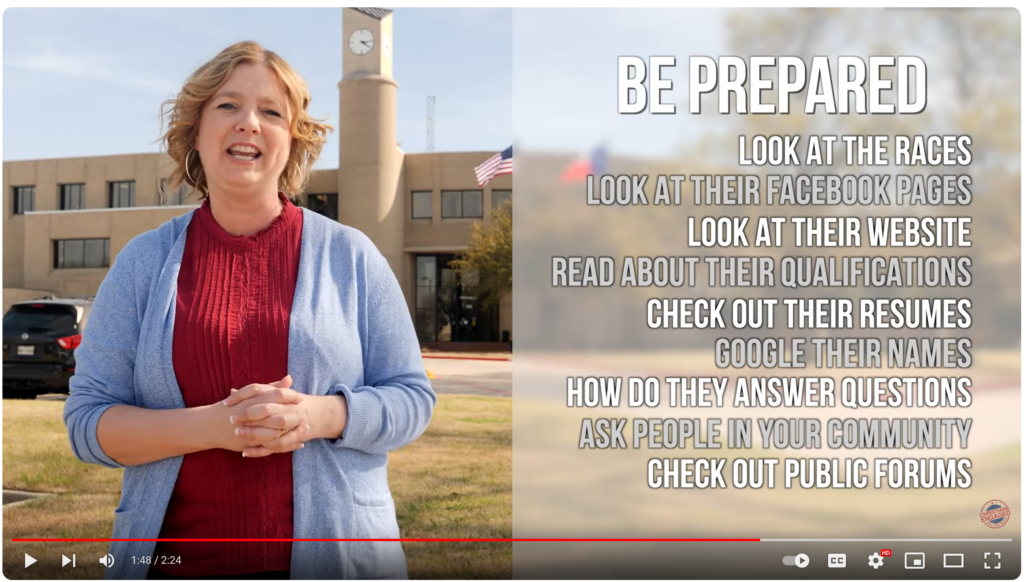
 Why do some of them use photos with famous elected officials? To make you think that person supports their candidacy. But do they? This is Monica Crowley and me a few years ago at a GOP event. Having a photo with her didn’t mean she endorsed my candidacy.
Why do some of them use photos with famous elected officials? To make you think that person supports their candidacy. But do they? This is Monica Crowley and me a few years ago at a GOP event. Having a photo with her didn’t mean she endorsed my candidacy.  The same is true of photos with Kellyanne Conway, Rudy Guiliani, Sarah Palin, Ken Paxton, Sid Miller, Governor Abbott and so many others with whom I’ve been photographed over the years. Photos with famous politicos, unless accompanied by the words “Endorsed by [name of person in photo]”, should be interpreted as manipulative, meant to make the candidate look important or to make the reader think that person has endorsed the candidate.
The same is true of photos with Kellyanne Conway, Rudy Guiliani, Sarah Palin, Ken Paxton, Sid Miller, Governor Abbott and so many others with whom I’ve been photographed over the years. Photos with famous politicos, unless accompanied by the words “Endorsed by [name of person in photo]”, should be interpreted as manipulative, meant to make the candidate look important or to make the reader think that person has endorsed the candidate.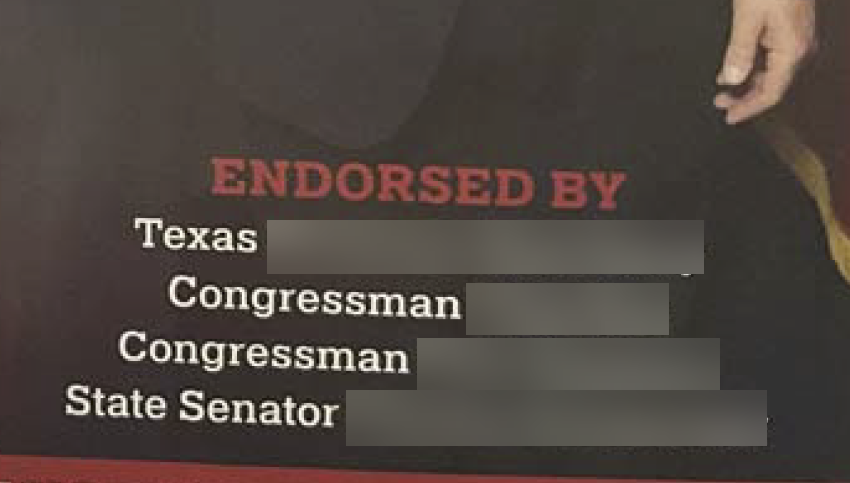 Don’t be awed by endorsements. Rather, ask yourself, “If that endorser opposed a measure I support, who’s opinion would the candidate (now officeholder) weigh more heavily?” When it comes to a vote and the chips are down, if donations are involved, the endorser wins, the voters lose. It’s rarely the other way around.
Don’t be awed by endorsements. Rather, ask yourself, “If that endorser opposed a measure I support, who’s opinion would the candidate (now officeholder) weigh more heavily?” When it comes to a vote and the chips are down, if donations are involved, the endorser wins, the voters lose. It’s rarely the other way around. 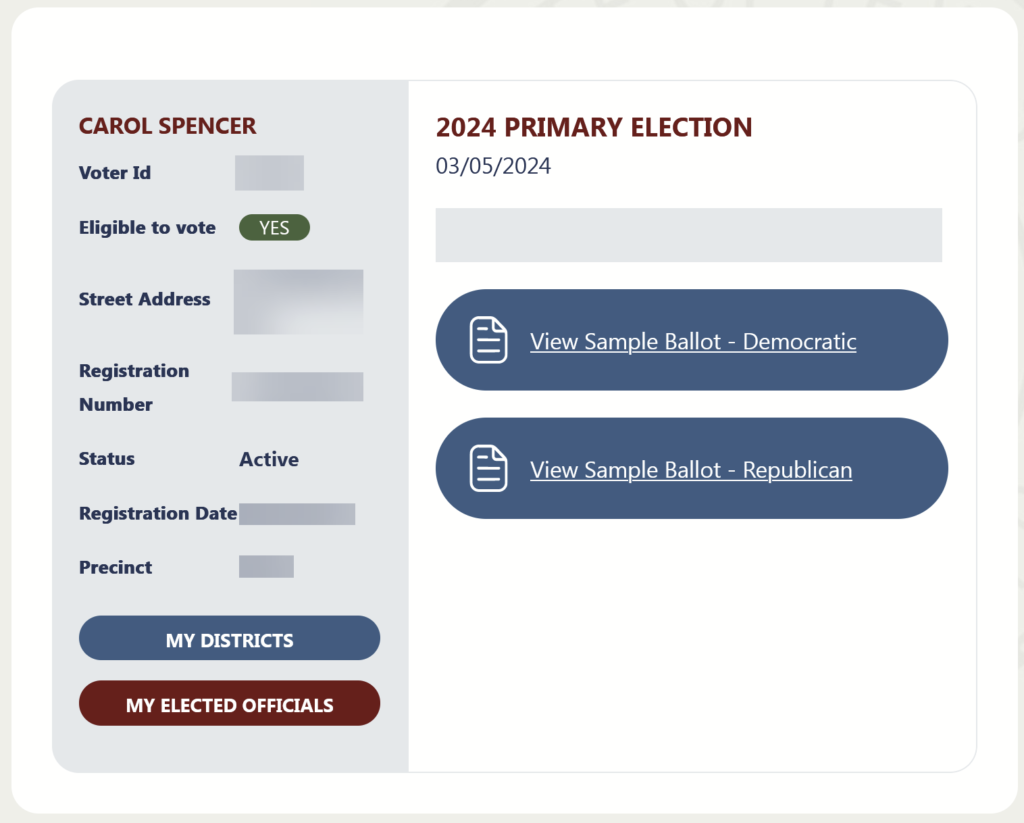
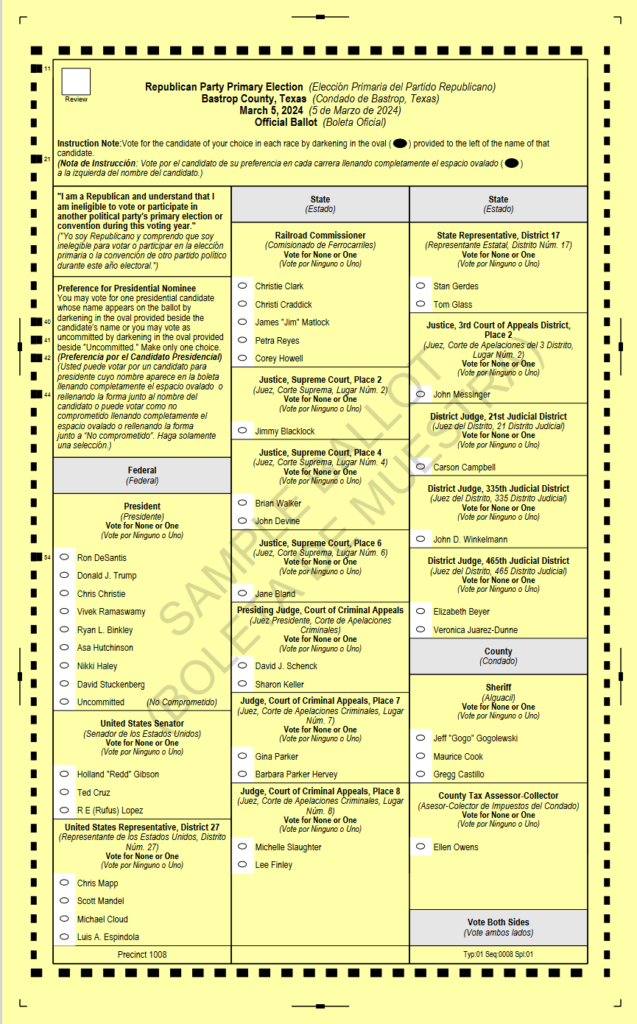
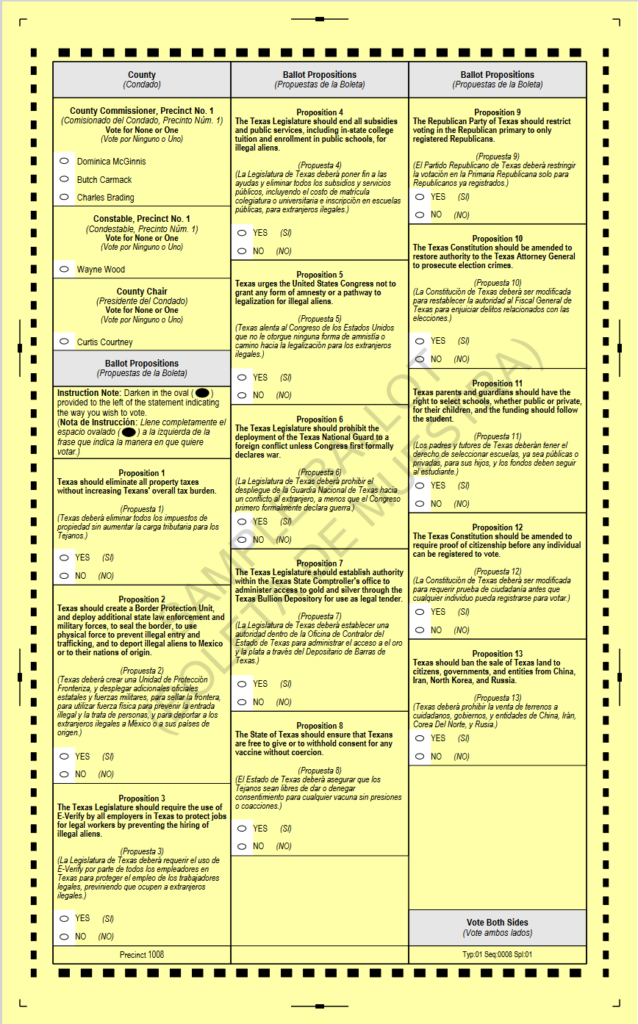

 The first thing I want to know about a candidate is who has donated to them.
The first thing I want to know about a candidate is who has donated to them.  But, voter beware. Just because they say they’re conservative, they aren’t. They easily toss around the word “conservative” knowing that low-information voters are swayed by it. So, become a high-information voter using online resources!
But, voter beware. Just because they say they’re conservative, they aren’t. They easily toss around the word “conservative” knowing that low-information voters are swayed by it. So, become a high-information voter using online resources! 